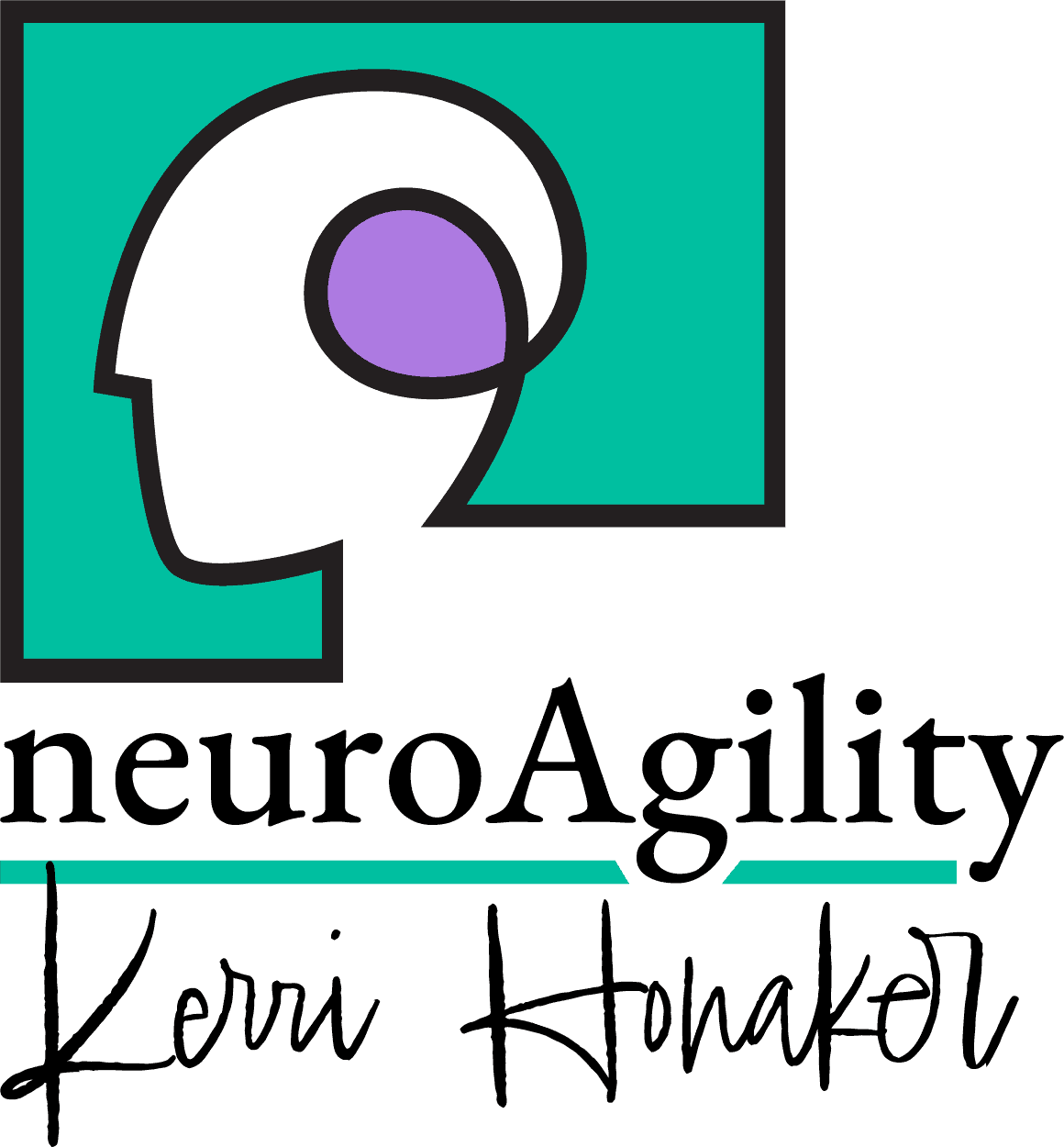How to be informed. Most articles, publications, and articles are inaccurate. Read with skepticism and ask a lot of questions.
A Beginner’s Guide to Reading Scientific Research
Scientific journal articles can be incredibly intimidating to read, even for other scientists. Heck, I have a Ph.D. in a research science and have authored scientific papers, but sometimes I look at a research report outside my field of study and just go, “Nope, can’t decipher this.”
Learning to read them is an important skill, however, in today’s environment of what I call “research sensationalism.” This is where the popular media gets hold of a scientific research report and blows the findings WAY out of proportion, usually while misrepresenting what the researchers actually did and/or found. You know what I’m talking about.
Read full article: Marks Daily Apple, “A Beginner’s Guide to Reading Scientific Research”
“Level 1 – Best Support” November 2012
PracticeWise, the company that maintains the American Academy of Pediatrics “Evidence-based Child and Adolescent Psycho-social Interventions” elevated biofeedback to “Level 1 — Best Support” as an intervention for Attention & Hyperactivity Behaviors. Studies influencing the decision included:
- Beauregard, M., & Levesque, J. (2006). Functional magnetic resonance imaging investigation of the effects of neurofeedback training on neural bases of selective attention and response inhibition in children with attention-deficit/hyperactivity disorder. Applied Psychology and Biofeedback, 31, 3–20.
- Gevensleben, H., Holl, B., Albrecht, B., Vogel, C., Schlamp, D., et al. (2009). Is neurofeedback an efficacious treatment for ADHD?: A randomized controlled clinical trial. Journal of Child Psychology and Psychiatry, 50, 780–789.
- Levesque, J., Beauregard, M., & Mensour, B. (2006). Effect of neurofeedback training on the neural substrates of selective attention in children with attention deficit/hyperactivity disorder: A functional magnetic resonance imaging study. Neuroscience Letters, 394, 216–221.
- Omizo, M. M., & Michael, W. B. (1982). Biofeedback-induced relaxation training and impulsivity, attention to task, and locus of control among hyperactive boys. Journal of Learning Disabilities, 15, 414–416.
- Rivera, E., & Omizo, M. M. (1980). The effects of relaxation and biofeedback on attention to task and impulsivity among male hyperactive children. The Exceptional Child, 27, 41–51.
Comprehensive Neurofeedback Bibliography, by D. Corydon Hammond, Ph.D/Professor, Physical Medicine and Rehabilitation, University of Utah School of Medicine
Frank H. Duffy, M.D., Professor and Pediatric Neurologist at Harvard Medical School, stated in an editorial in the January, 2000 issue of the journal Clinical Electroencephalography that the scholarly literature suggests that neurofeedback should play a major therapeutic role in many difficult areas.  “In my opinion, if any medication had demonstrated such a wide spectrum of efficacy it would be universally accepted and widely used” (p. v). “It is a field to be taken seriously by all” (p. vii).
“In my opinion, if any medication had demonstrated such a wide spectrum of efficacy it would be universally accepted and widely used” (p. v). “It is a field to be taken seriously by all” (p. vii).
A Decade of EEG Theta/Beta Ratio Research in ADHD: A Meta-Analysis
Martijn Arns, C. Keith Conners and Helena C. Kraemer – Journal of Attention Disorders, published online October 19, 2012
Read the research here – Journal of Attention Disorders
What Learning Theories Can Teach Us in Designing Neurofeedback Treatment
Ute Strehl – Hypothesis and Theory Article, Frontiers in Human Neuroscience, Institute of Medical Psychology and Behavioral Neurobiology, University of Tuebingen, Tuebingen, Germany, published November 6, 2014
Read the Hypothesis and Theory Article here – Frontiers in Human Neuroscience
Tinnitus: neurobiological substrates
Jos J. Eggermont – DDT, Volume 10, Number 19, October 2005
Read the Review Article here – Drug Discovery Today
Tinnitus Retraining Therapy (TRT) as a Method for Treatment of Tinnitus and Hyperacusis Patients
Pawel J. Jastreboff, Margaret M. Jastreboff – Tinnitus and Hyperacusis Center, Department of Otolaryngology, Emory University School of Medicine, Atlanta, Georgia – J Am Acad Audiol 11: 162–177 (2000)
Read the Paper here – Journal of the American Academy of Audiology
Advances in the neurobiology of hearing disorders: Recent
developments regarding the basis of tinnitus and hyperacusis
Marlies Knipper, Pim Van Dijk, Isidro Nunes, Lukas Ru¨ ttiger, Ulrike Zimmermann – Progress in Neurobiology 111(2013) 17-33
Read the Article here – Progress in Neurobiology
Hyperacusis and Misophonia: The Lesser-Known Siblings of Tinnitus
Paula Schwartz, Au.D., Jason Leyendecker, Au.D., and Megan Conlon – Minnesota Medicine, November 2011
Read the Article here – Minnesota Medicine
Misophonia
Wikipedia 2012
See the Definition here – Wikipedia
The Science Behind Misophonia, and Possible Treatments
By lifewithmisophonia, February, 2012
Read the Blog Article here – lifewithmisophonia
Selective Sound Sensitivity Syndrome (Misophonia) in a Patient With Tourette Syndrome
Matthew Neal, M.D. and Andrea E. Cavanna, M.D., Ph.D – The Michael Trimble Neuropsychiatry Research Group, BSMHFT, and University of Birmingham, U.K. – J Neuropsychiatry Clin Neurosci 25:1, Winter 2013
Read the Letter here – neuro.psychiatry online
When selective audiovisual stimuli become unbearable: a case series on pediatric misophonia
Patricia L Johnson, Troy A Webber, Monica S Wu, Adam B Lewin, Tanya K Murphy and Eric A Storch – Neuropsychiatry, December 2013
Read the Report here – Neuropsychiatry
Misophonia Activation Scale
Misophonia.com/resources
Cognitive Behaviour Therapy for Hyperacusis: A randomized controlled
trial
Linda Jüris, Gerhard Andersson, Hans Christian Larsen, Lisa Ekselius – Behaviour Research and Therapy 54 (2014) 30e37
Read the Study here – Behavior Research and Therapy
Imaging Brain Function in People with Tinnitus
Hyperacusis
Tinnitus: Psychological Distress and Treatment
By Jennifer Melcher, Craig Formby, and Laurence McKenna- Audiology Today, July/Aug 2011
